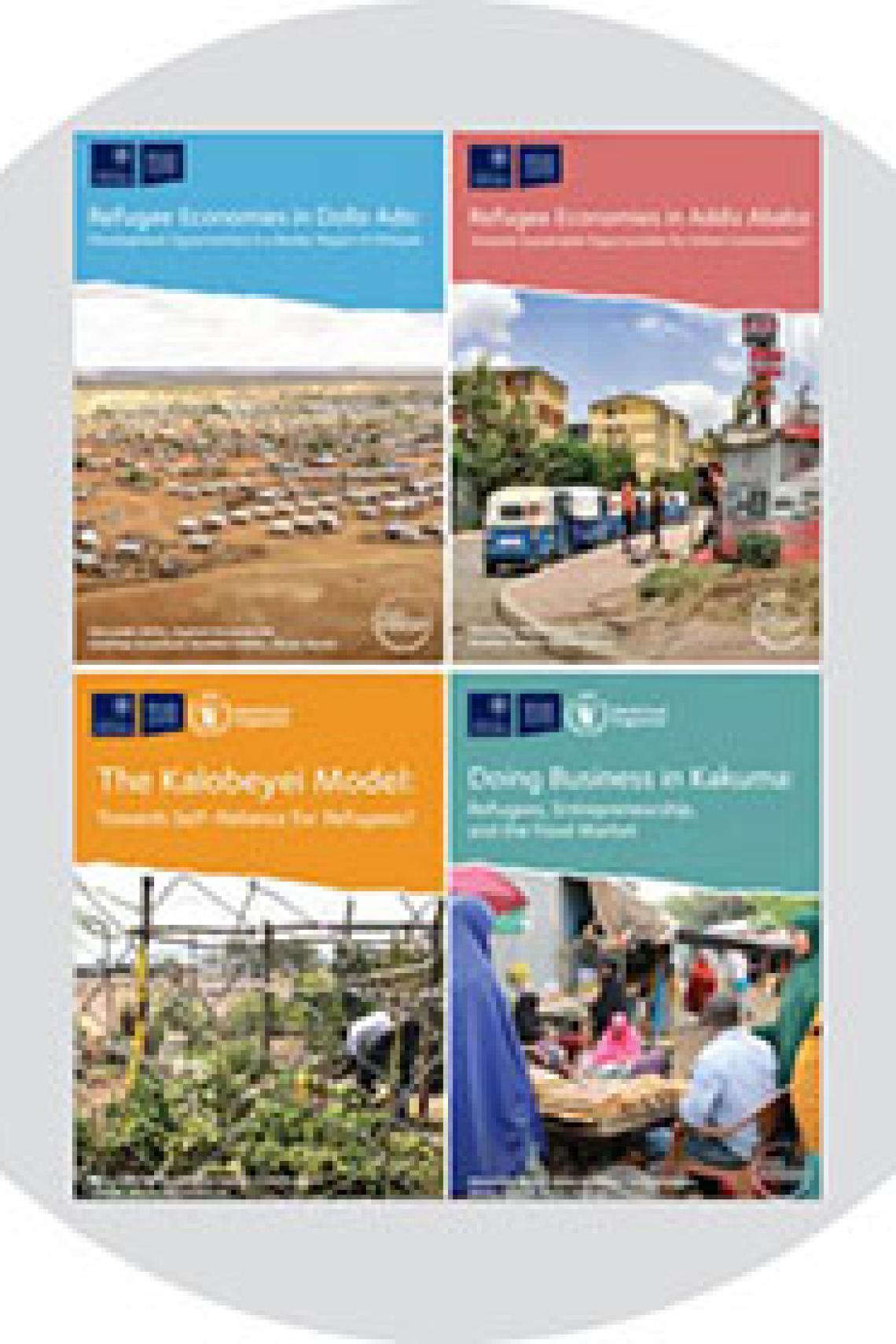Refugee Economies programme publishes four new reports
The Refugee Economies Programme at the Refugee Studies Centre has published four new reports based on research in Ethiopia and Kenya.
On Ethiopia, Refugee Economies in Addis Ababa: Towards Sustainable Opportunities for Urban Communities examines the precarious economic lives of refugee communities in Ethiopia’s capital, and their interactions with the host community. Addis Ababa has 22,000 registered refugees out of a national refugee population of 900,000, comprising two main groups - Eritreans and Somalis. The report considers the prospects for a sustainable urban response in the context of Ethiopia’s adoption of the new Refugee Proclamation in 2019, which appears to provide refugees with the right to work and freedom of movement.
A second report focuses on refugees in Dollo Ado, in Ethiopia’s Somali region. Refugee Economies in Dollo Ado: Development Opportunities in a Border Region of Ethiopia examines the economic strategies of Somali refugees in the cross-border economy of this region. The five Dollo Ado refugee camps host around 220,000 almost exclusively Somali refugees within a semi-arid and isolated border district within which refugees outnumber the host population. The camps and host community have benefited significantly from the IKEA Foundation’s €75m investment in the camps over a seven-year period.
On Kenya, The Kalobeyei Model: Towards Self-Reliance for Refugees? outlines a conceptual model and indicators for measuring refugee self-reliance and applies it to the Kalobeyei settlement and Kakuma refugee camps context. The Kalobeyei settlement was opened in Turkana County in 2016 with the intention of promoting the self-reliance of refugees and the host population and delivering integrated services to both. This report is based upon a 3-year study following newly arrived refugees integrated into the new Kalobeyei settlement and the old Kakuma refugee camp since 2016.
Finally, Doing Business in Kakuma: Refugees, Entrepreneurship, and the Food Market draws upon a business survey with food retailers to assess the impact of the ‘Bamba Chakula’ model of electronic food transfers and business contracts. There have been few studies that examine the emergence of refugee-led markets at the business level, whether in the Kakuma camps, in the Kalobeyei settlement, or elsewhere. In order to address this gap, this research aimed to study one particular sector: the food market.
Find out more about the Refugee Economies programme.

